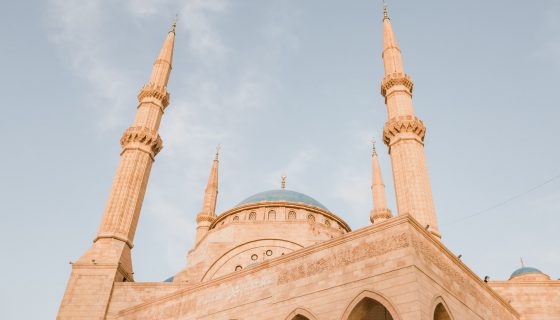- Mediterranean Hope - Federazione delle chiese evangeliche in Italia
- mh@fcei.it
Syrian family arrives in Italy in first humanitarian airlift
Nicole Winfield, Fadi Tawil and Maria Grazia Murru – Associated Press
A 7-year-old Syrian girl suffering from a rare form of eye cancer arrived in Italy on Thursday, the first of an estimated 1,000 refugees who are being brought here on humanitarian grounds in a pilot project aimed at dissuading people from embarking on deadly sea crossings.
Little Falak al Hourani, her parents and 6-year-old brother Hussein landed on a commercial flight at Rome’s Leonardo Da Vinci airport thanks to the “humanitarian corridor” project launched by the Rome-based Catholic Sant’Egidio Community and the Federation of Protestant Churches in Italy.
The two groups lobbied the Italian government to grant 1,000 humanitarian visas for particularly vulnerable refugees in camps in Lebanon, Morocco and Ethiopia. They put up the estimated 1.3 million euros ($1.4 million) to process their visas, transport them to Italy and get them resettled here while their asylum applications are processed.
The al Hourani family fled their home in Homs, Syria, nearly three years ago and settled in Tripoli, in northern Lebanon. Falak suffers from retinoblastoma, a rare tumor affecting the retina, and had one eye removed at the American hospital in Beirut. Now she needs chemotherapy, Sant’Egidio officials said.
As little Hussein hid behind his teddy bear, Falak stood quietly and smiled as her mother, Jasmine, tried out the few words in Italian that she has learned, counting to four and singing a song. The family applied for asylum as soon as they landed.
On the eve of their departure, the mother said she was grateful for the chance to get her daughter the treatment she needs.
“There is a possibility that the swelling may return to the other eye, and if it does they would need also to take it out,” she told The Associated Press at their temporary home in Tripoli. “Here there is no treatment for the eye veins.”
Falak is expected to be treated at the Vatican-owned Bambino Gesu hospital in Rome.
“I am very, very happy, very happy that we are going to Italy,” her mother said. “And I thank them a lot for helping us and hope they will continue the treatment for her there.”
The U.N. refugee agency has welcomed the ecumenical airlift initiative, one of many types of private sponsorships that are enabling particularly vulnerable or needy refugees to reach safety and start new lives in third countries. The U.N. has long called for European countries, in particular, to facilitate legal immigration channels to discourage would-be refugees from turning to smugglers to get them to Europe.
So far, organizers of the humanitarian corridor project say they have some 84 candidates to be airlifted out of Lebanon. While the organizers of the initiative are Christian, the candidates for transfer include both Christians and Muslims, officials said.
The head of Sant’Egidio, Marco Impagliazzo, told the AP last month that he hopes the initiative will expand not only in Italy but elsewhere in Europe. He noted that many refugees today could fall under the “vulnerable” category that humanitarian visas are meant to address.
Once in Italy, the refugees will be provided with housing, health care, educational and vocational services.





